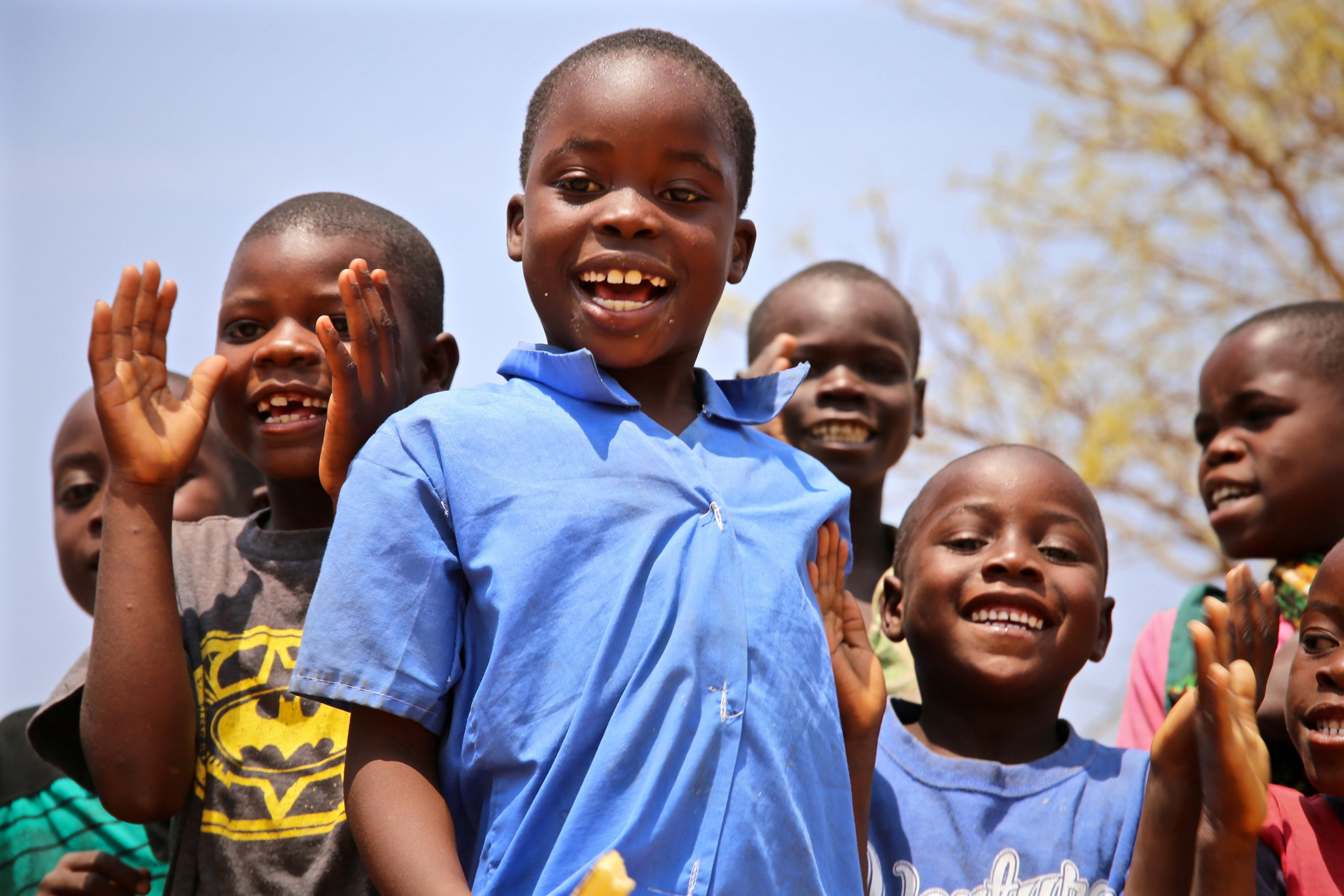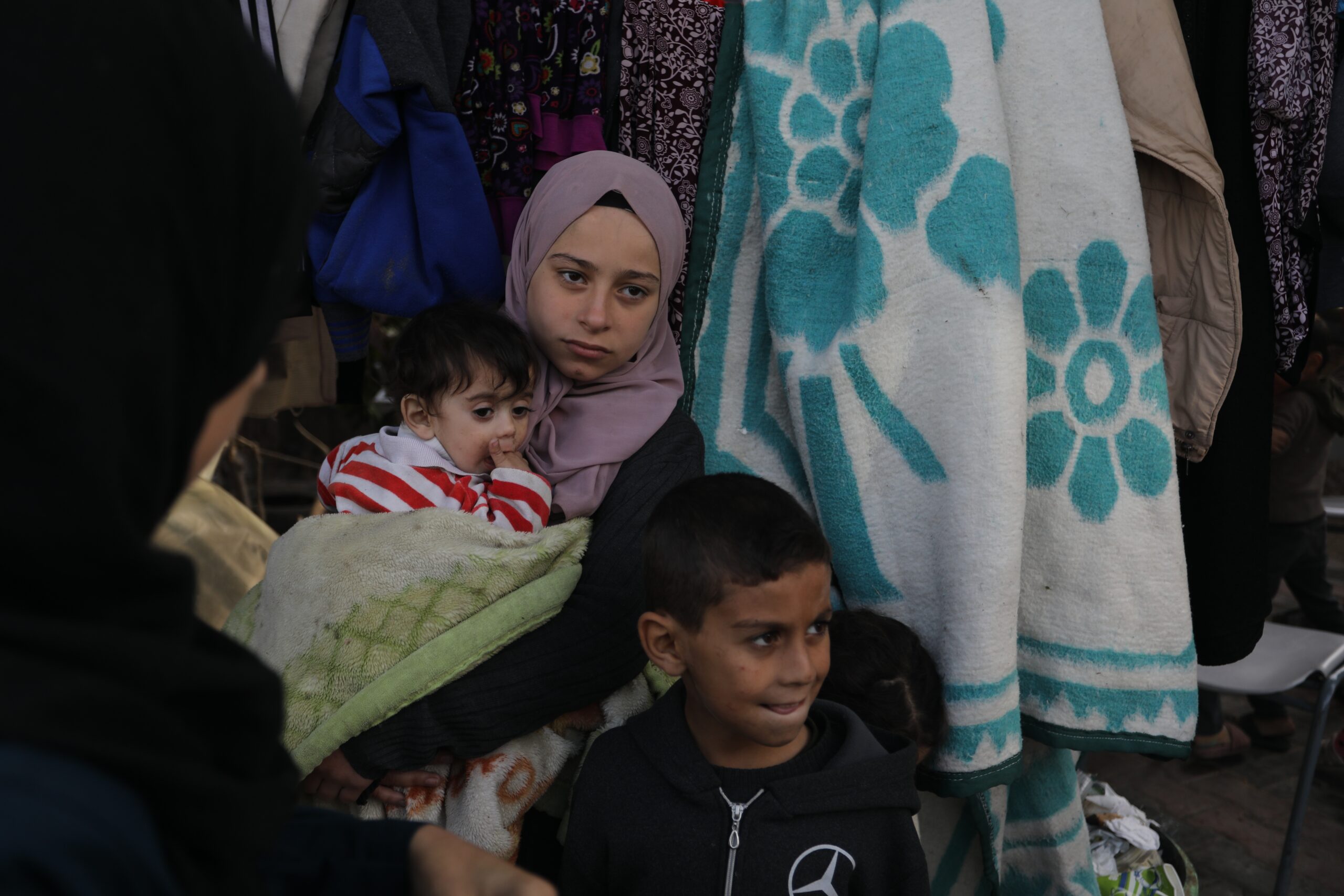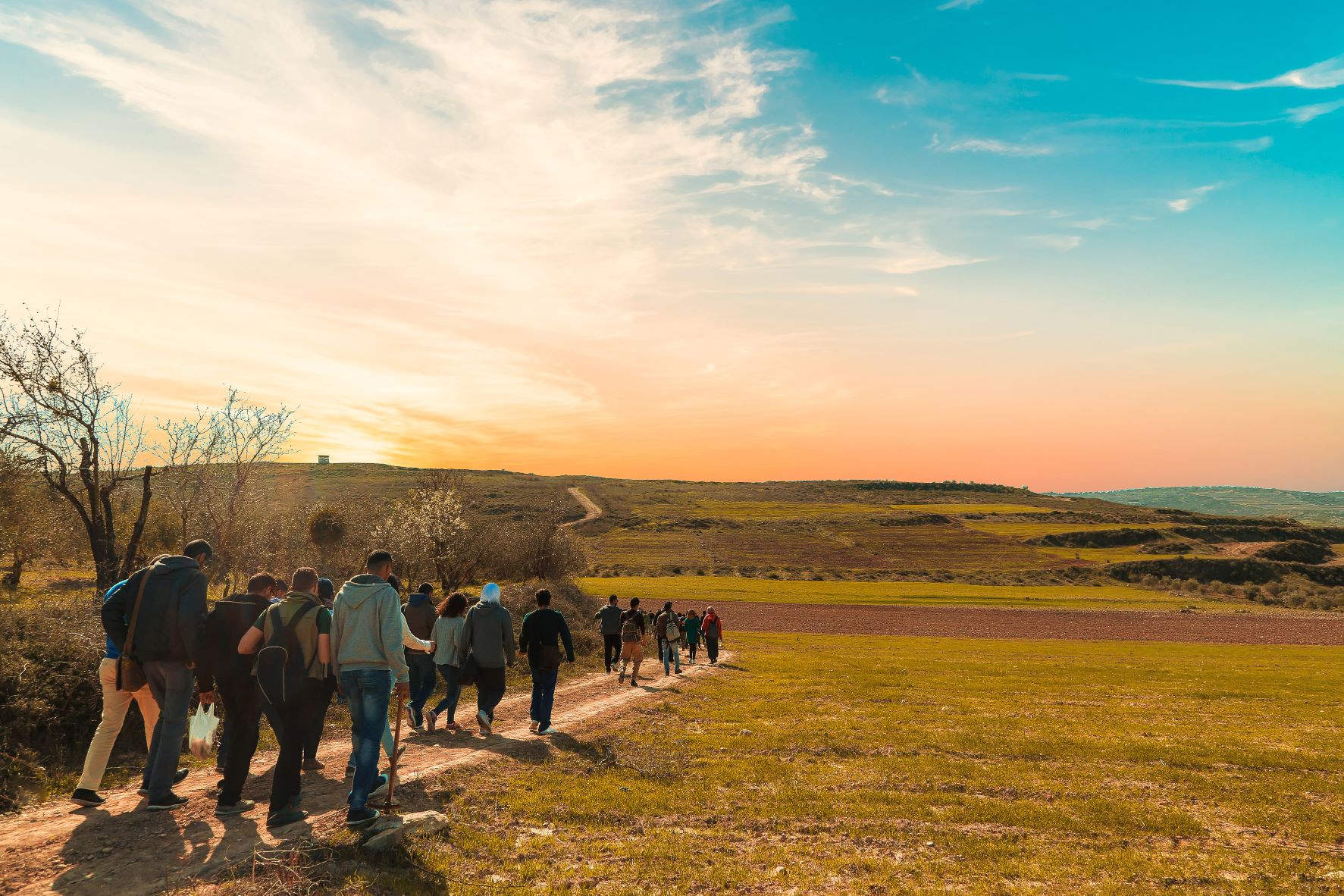The World Economic Forum has recently launched the “Great Reset.” It will be the theme of its 2021 Annual Meeting in Davos. It emphasizes, among other things, the importance of “smart global cooperation” that is well-positioned to address the challenges of the next 50 years by all stakeholders within a global society. In light of that, it is imperative to ask how can traditional stakeholders of a “global society” ensure that the struggles and challenges of the most vulnerable groups are represented and addressed? What can they do to help foster a more inclusive community capable of achieving a “great reset”?
There will be no return pre-crisis “normality.” We are not only going to have to move forward, but along the way, countries and societies, rich and poor, will experience unprecedented costs in the form of job and income losses, bankruptcies, non-performing loans, supply-chain disruptions, financial insecurity, health concerns and mental stress. The OECD is warning of “deeper [economic] scars than any peacetime recession in the past 100 years.”
Existing racial and social inequalities, economic disparities, and disproportionate government and community preparedness have more forcefully come to the surface in the course of responding to COVID-19. Recent protests in the US against racism and police brutality are holding a magnifying glass up to inequality, which is deeply entrenched in the social, economic, and political systems that govern people’s lives, even in an advanced economy and a democracy like the US. The expression of worldwide solidarity to these protests is a testimony to the fact that these are global problems. We have an opportunity to fix these problems. COVID-19 is a painful reminder that we are an interconnected global society, and that no one is safe until we all are. Unless we act as such, the effects will be lasting and felt for generations to come.
In a post-pandemic era, many countries will be subject to prolonged struggles across communities, sectors, and regions. A McKinsey Global Institute report estimates that in the next three years, the disparity in lost global GDP between economies with partial virus-spread control and those with “near-zero virus” situations may reach USD 15 trillion. The World Bank has warned that the virus could push between 40 and 60 million people into extreme poverty this year, with sub-Saharan Africa and South Asia expected to be the hardest hit.
Countries with limited or no capacity to deploy fiscal tools such as tax incentives, grants, and emergency loans will struggle to survive an economic collapse, especially if a second COVID-19 wave hits. For example, African countries have been at the lower end in terms of fiscal stimulus (at 1 and 1.5 percent of GDP) compared to other countries around the world. This will keep them short from returning to pre-crisis levels and will affect their chances of avoiding an economic contraction. As some countries move forward past the crisis, if we want global systems to recover, countries that are advancing must pull the struggling ones up alongside them for the benefit of all.
Furthermore, long before COVID-19 has hit, trust in formal governments and international organizations have been on the decline, and global political polarization has been on the rise. COVID-19 has put businesses, governments, and communities under an amplified “stress test” where a lack of global economic coordination, sympathy, and support in a “global society of stakeholders” will be costly to everyone. In light of that, the Bretton Woods Institutions have the obligation to seize the opportunity to restore their global role by acting as trusted stewards of inclusive economic policies.
The call by IMF and World Bank for creditors to suspend debt payments from IDA countries should be extended to other regions. In the short-to mid-term, the World Bank and IMF should mobilize and scale emergency financing facilities to support the most critical economic sectors in the most vulnerable countries. In the long term, they need to champion and help countries design new economic systems that are more resilient, equitable, and sustainable.
Humanity has no shortage of creativity, imagination, and problem-solving. What we need more of is responsible leadership that inspires collaboration, sympathy, and vision on local and global levels for humanity to achieve new and safe heights. We have no alternative to thinking and acting as a global community and therefore must strive to leave no one behind. It is time to reach out and include non-traditional voices in a global society of stakeholders to ensure that future solutions are relevant, effective and representative to all and not just to a few.
A version of this article was published in the World Economic Forum Agenda.



